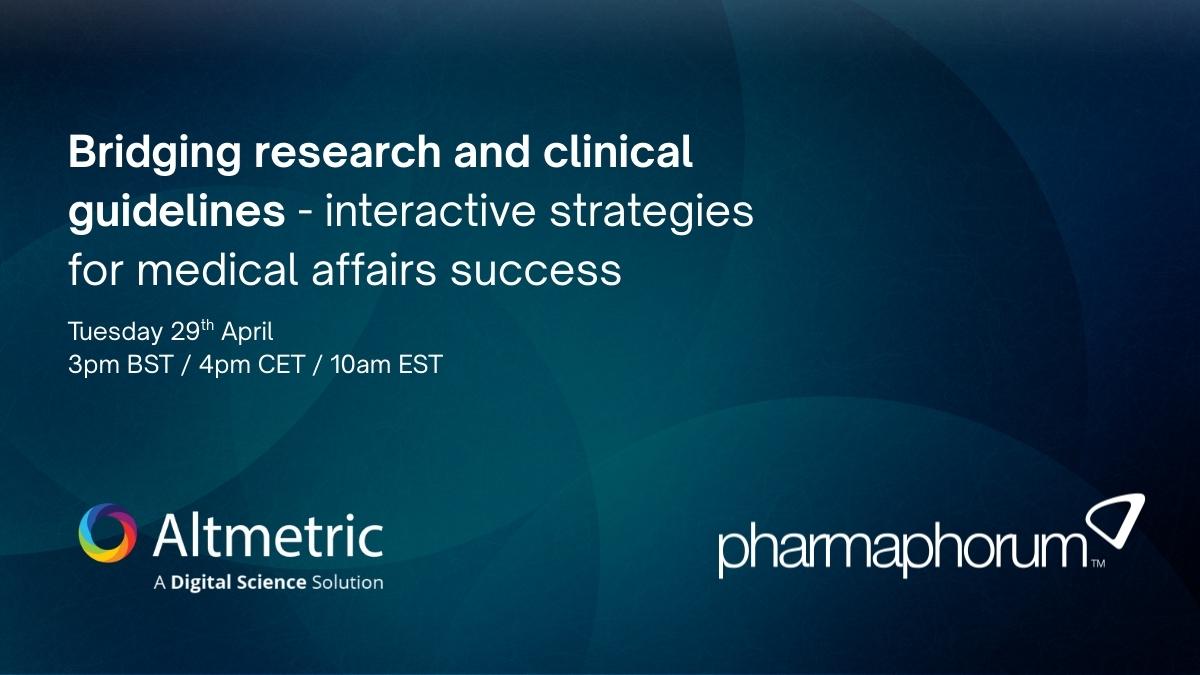Galapagos drops plan to split after 'market developments'

Henry Gosebruch, pictured here during his time at Neumora, is replacing Paul Stoffels as CEO of Galapagos.
Just a few months after announcing a plan to separate its drug and cell therapy businesses into two separate companies, Belgian biotech Galapagos has had a change of heart – and a change of leadership.
An update from the Mechelen-based company this morning has suggested that "regulatory and market conditions" have made it think again about the plan, which was due to complete this year. At the same time, it has brought forward the planned retirement of chief executive Paul Stoffels, who had been due to step down as CEO after the separation was completed.
Henry Gosebruch – who was formerly at the helm of Neumora Therapeutics – has been named as CEO, effective immediately. He has been charged with overseeing a strategic review aimed at "maximising resources" available to carry out "transformative" business development transactions fuelled by Galapagos' cash reserves of around €3.3 billion at the end of March.
Stoffels had been set to serve as chair of the board of Galapagos, but will be replaced by Jérôme Contamine. He will however retain a non-executive chairman role that will allow him to provide guidance and advice to the company.
Under the original plan, the company's pipeline of cell-based therapies for cancer, led by its GLPG5101 candidate for blood cancers, would be retained under the Galapagos banner, while the drug development unit would be spun out as a Euronext-listed operation with €2.45 billion (around $2.5 billion) in cash and led by Gosebruch.
The proposal also saw a 10-year, $5.1 billion R&D alliance with Gilead Sciences significantly amended, with Galapagos regaining full rights to the pipeline of partnered projects. The company said it would stop working on small-molecule drugs, including TYK2 inhibitor GLPG3667, which is in phase 2 trials for systemic lupus erythematosus (SLE) and dermatomyositis, and seek development partners for these programmes.
The new decision raises questions about the potential of the cell therapy business, currently focused on CD19-targeting CAR-T therapy GLPG510, which recently started the ATALANTA-1 study in mantle cell lymphoma (MCL) and is due to start pivotal trials in 2026, as well as a decentralised cell therapy manufacturing platform that promises to deliver stem-like early memory CAR-T cells with a vein-to-vein time of seven days.
"We are currently evaluating strategic options regarding our clinical programs and other assets," said Gosebruch, adding: "I look forward to working with Paul in finding a value-maximising alternative for the cell therapy business, including exploring mergers, divestitures, and out-licensing."
At the same time, Galapagos will "pursue transformative business development opportunities in order to build an innovative pipeline with the potential to deliver differentiated medicines for patients," according to the new CEO.












